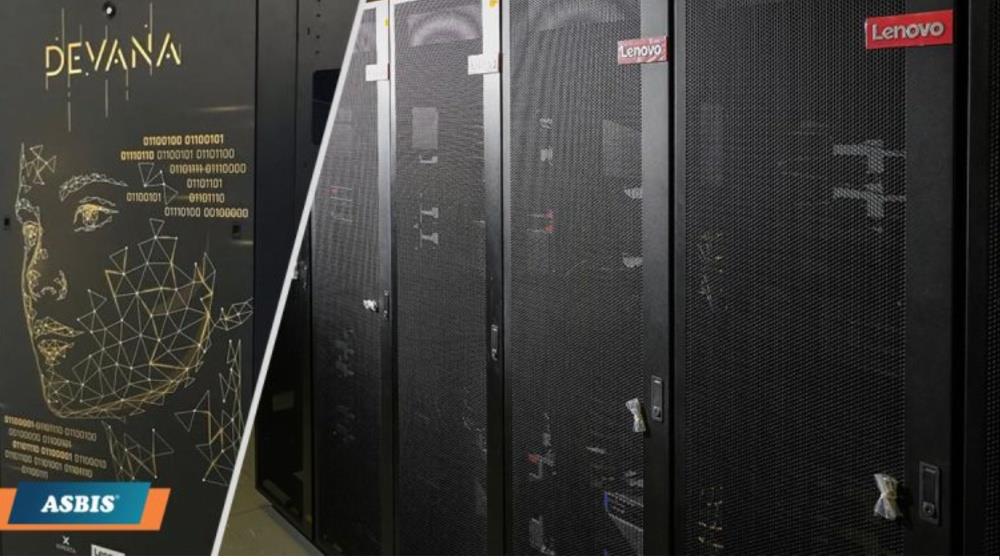Cyprus-based ASBIS has joined the programme to develop a new high-performance computing (HPC) system, called Devana.
In the framework of the project, ASBIS’s Slovakian office acted as a general distributor of Lenovo’s solutions. The project was initiated by the Centre for Joint Activities of the Slovak Academy of Sciences and aims to become a technological platform for supporting innovation and digital transformation in Slovakia with involvement from the academic, public and private sectors.
The new supercomputer will help the country reduce its investment debt in HPC. It will solve numerically challenging and data-intensive problems from various science and technology fields. Since May, the Devana supercomputer has been accessible to scientists and researchers from the Slovak Academy of Sciences, public universities and Slovak entrepreneurs, public administration institutions, businesses and startups. The supercomputer Devana is ranked among the top 500 most powerful in the EU, with a theoretical performance of up to 800 TFlop/s. (the number of arithmetic operations that can be performed by a computer per second). HPC’s installation began in November 2022 at the Slovak Academy of Sciences premises in Patrónka, Bratislava.
The supercomputer is built modularly, using the latest technologies in the field of HPC hardware and networks. It also includes centralised system management and monitoring. The spatial arrangement of the Devana supercomputer consists of six compact 42U racks from the LeSI (Lenovo Scalable Infrastructure) technology series. It has 140 CPU nodes, each with 64 Intel cores and 256 GB RAM, designed for classical HPC tasks, and eight accelerated nodes, each with 64 CPU cores, 256GB RAM, and 4x Nvidia A100 GPGPUs, which are meant for artificial intelligence and machine learning (AI/ML) workloads.
The project includes a comprehensive reconstruction of power and water-cooling systems. It has much more energy-efficient and intelligent cooling mechanisms than previous equipment.









